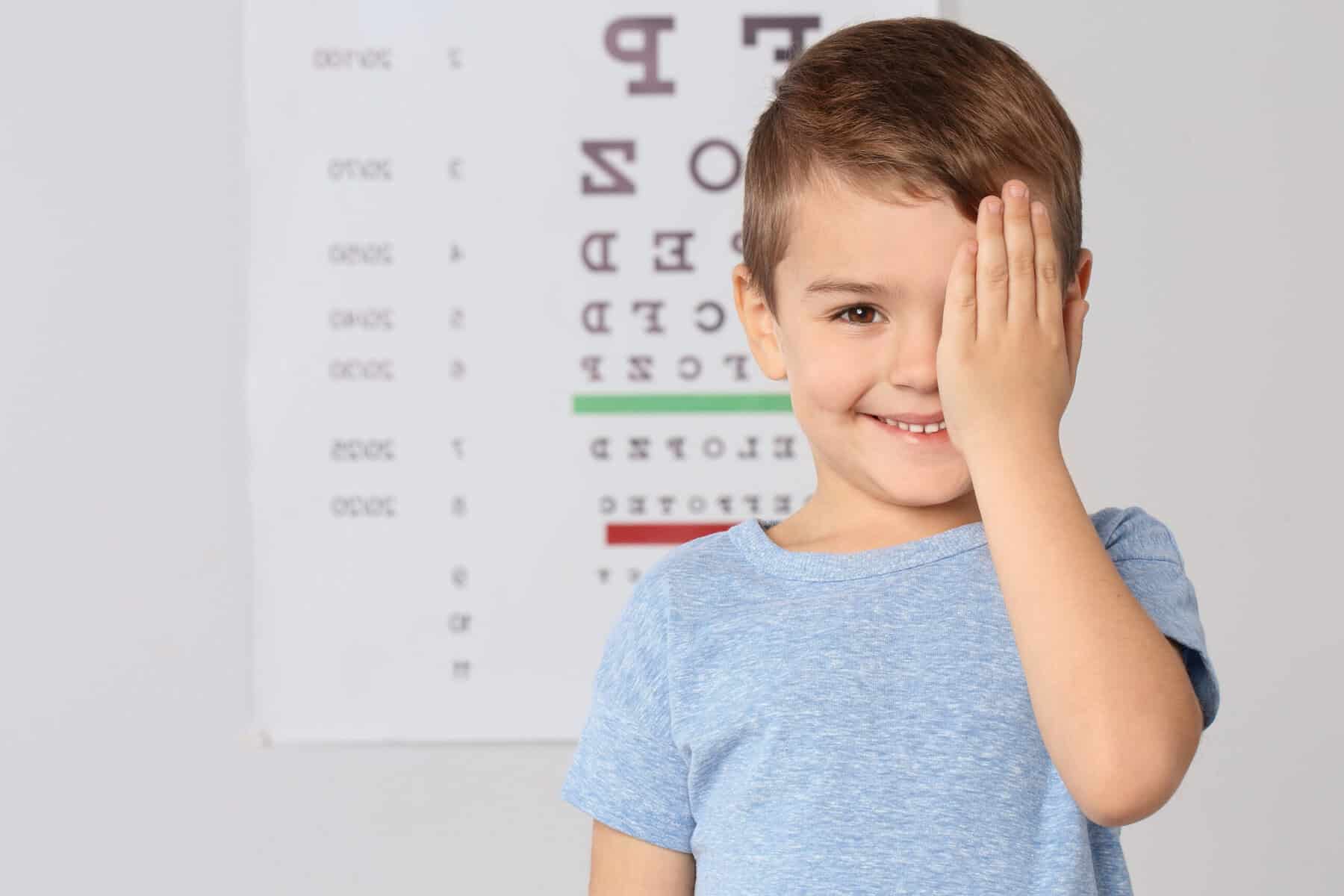As parents, we naturally want the best for our children—especially when it comes to their health and development. One area that is often overlooked but critically important is early hearing and vision screening. These screenings are more than just routine checks; they play a vital role in identifying potential issues that could impact a child’s ability to learn and grow.
Why Screenings Are So Important
Here’s why early hearing and vision screenings are so crucial for preschoolers.
1. Early Detection of Problems
Hearing and vision issues can be difficult to spot in young children. Unlike adults, children may not realize they have a problem or may not be able to communicate what they’re experiencing. Regular screenings can catch problems early, often before parents or teachers notice any signs.
Early detection is key to addressing these issues before they interfere with a child’s development.
2. Impact on Learning and Development
Children learn about the world through their senses, especially sight and sound. A child with undetected hearing or vision problems may struggle with basic learning tasks, such as recognizing letters, following instructions, or participating in classroom activities. This can lead to frustration, behavioral issues, and a lack of confidence.
Early screening ensures that any issues are identified and managed before they can hinder a child’s learning potential.
3. Preventing Long-Term Consequences
If left untreated, hearing and vision problems can have long-term consequences. Hearing loss can affect language development, social skills, and academic performance. Vision problems, like amblyopia (lazy eye), can become permanent if not treated early.
By catching these issues early, you can take steps to prevent them from becoming more serious or causing lifelong challenges.
4. Creating a Foundation for Success
When children start school, they are expected to engage in various activities that require good hearing and vision—listening to stories, recognizing shapes and colors, and interacting with peers. By ensuring your child’s hearing and vision are functioning properly, you’re setting them up for success.
Early screening gives children the best possible chance to thrive in their early years of education.
5. Peace of Mind for Parents
As a parent, knowing that your child’s hearing and vision have been thoroughly checked can provide significant peace of mind. Screenings help to reassure parents that their child is ready to take on the challenges of school and that any potential issues are being addressed proactively.
It’s one less thing to worry about as your child transitions from home to the structured environment of preschool.
6. Simple, Non-Invasive, and Accessible
The great thing about these screenings is that they are simple, non-invasive, and widely accessible. Most preschools and pediatricians offer hearing and vision screenings as part of routine check-ups.
These tests are quick, painless, and can provide valuable information about your child’s health.
7. Advocating for Your Child’s Health
Finally, taking advantage of early hearing and vision screenings is a way of advocating for your child’s health. By staying on top of these screenings, you’re taking an active role in ensuring that your child has the best possible start in life.
If any issues are detected, you can work with healthcare providers to develop a plan that supports your child’s needs.
Conclusion
Early hearing and vision screenings are a critical part of your child’s healthcare routine. They help detect problems before they become serious, support your child’s learning and development, and provide peace of mind for you as a parent.
By prioritizing these screenings, you’re investing in your child’s future and giving them the tools they need to succeed in school and beyond. Don’t wait—make sure your preschooler’s hearing and vision are screened today.









